Understanding Feline Vomiting: Causes, Treatment, and Prevention
At Central Kentucky Veterinary Center in Georgetown, KY, we know that your cat’s health is your top priority. Vomiting in cats is a common concern among pet owners, but it’s not always a simple issue. While occasional vomiting might not be alarming, frequent or severe vomiting can indicate underlying health problems that require veterinary attention.
This guide will help you understand the common causes of feline vomiting, when to seek veterinary care, diagnostic and treatment options, and ways to prevent vomiting in cats.
Common Causes of Vomiting in Cats
1. Dietary Indiscretions and Food Intolerances
Cats can be picky eaters, but they also have a tendency to explore their environment with their mouths. If your cat eats something they shouldn’t—such as spoiled food, plants, or human snacks—it can irritate their digestive tract and cause vomiting.
Common dietary causes of vomiting include:
- Sudden diet changes – Switching foods too quickly can lead to stomach upset.
- Food allergies or intolerances – Some cats react poorly to certain proteins or ingredients.
- Toxic foods and plants – Onions, garlic, chocolate, and lilies (which are highly toxic to cats) can cause severe illness.
Prevention Tip: If you need to change your cat’s food, do so gradually over 7–10 days, mixing in increasing amounts of the new food. Monitor for reactions.
2. Hairballs: A Common but Manageable Issue
Why do cats get hairballs? Cats groom themselves constantly, swallowing loose fur in the process. Normally, this hair passes through the digestive tract without issue. However, when too much accumulates, it can form a hairball, which may lead to vomiting.
Signs your cat is struggling with hairballs:
- Frequent retching with or without producing a hairball.
- Loss of appetite or lethargy.
- Constipation or difficulty passing stool.
How to prevent hairballs:
- Daily brushing (especially for long-haired breeds).
- Adding a hairball-control formula to their diet.
- Using hairball gels or supplements that help lubricate the digestive tract.
3. Parasites and Gastrointestinal Infections
Internal parasites like roundworms, hookworms, and giardia can disrupt your cat’s digestive system, causing vomiting and diarrhea. Kittens are especially vulnerable, but adult cats can be affected as well.
Other possible infections include:
- Feline Panleukopenia Virus (FPV) – A severe, highly contagious virus that causes vomiting, diarrhea, fever, and dehydration.
- Bacterial infections from spoiled food or contaminated water.
Preventative Care: Regular deworming, vaccinations, and routine parasite screenings are crucial for maintaining your cat’s health.
4. Chronic Diseases That Cause Vomiting
If your cat vomits frequently or over an extended period, it may be a sign of a chronic illness, including:
- Kidney disease – Often accompanied by increased thirst and weight loss.
- Hyperthyroidism – Overactive thyroid function can lead to vomiting, weight loss, and restlessness.
- Inflammatory Bowel Disease (IBD) – Chronic inflammation of the gastrointestinal tract, leading to vomiting, diarrhea, and weight loss.
- Diabetes – Unregulated blood sugar levels can cause nausea and vomiting.
If your cat’s vomiting is persistent, a veterinary visit is necessary to rule out serious conditions.
When to Be Concerned About Your Cat’s Vomiting
While occasional vomiting (once a month or less) may not be an emergency, frequent or severe vomiting should not be ignored.
Signs That Require Immediate Veterinary Attention:
- Vomiting multiple times a day or persisting for more than 24 hours.
- Blood in vomit (bright red or coffee-ground appearance).
- Accompanied by lethargy, weight loss, or refusal to eat/drink.
- Simultaneous diarrhea leading to dehydration.
Schedule a veterinary consultation if your cat is displaying any of these warning signs.
Diagnosis and Treatment Options for Vomiting Cats
What Happens During a Veterinary Exam?
At Central Kentucky Veterinary Center, we use a combination of:
- Bloodwork – To check for kidney disease, hyperthyroidism, or infections.
- X-rays or Ultrasound – To detect blockages, tumors, or abnormalities in the stomach.
- Fecal testing – To screen for parasites.
Treatment Options
Treatment depends on the cause of vomiting:
- Dietary management – Switching to easily digestible food or prescription diets.
- Medications – Anti-nausea drugs, antibiotics (if an infection is present), or steroids for inflammatory conditions.
- Fluid therapy – If dehydration is a concern, IV fluids may be necessary.
- Surgical intervention – Required if an obstruction (like a swallowed object) is causing vomiting.
We also offer alternative therapies, like acupuncture, to support digestive health. Learn more about our holistic treatment options.
Preventing Vomiting in Cats
Tips for a Healthier Cat
- Feed a high-quality diet suited to your cat’s age and health.
- Avoid table scraps and toxic foods (onions, garlic, chocolate, etc.).
- Provide plenty of water to support kidney health.
- Groom regularly to reduce hairball formation.
- Minimize stress by keeping a stable environment and using calming aids if needed.
For more details, visit the Cornell Feline Health Center.
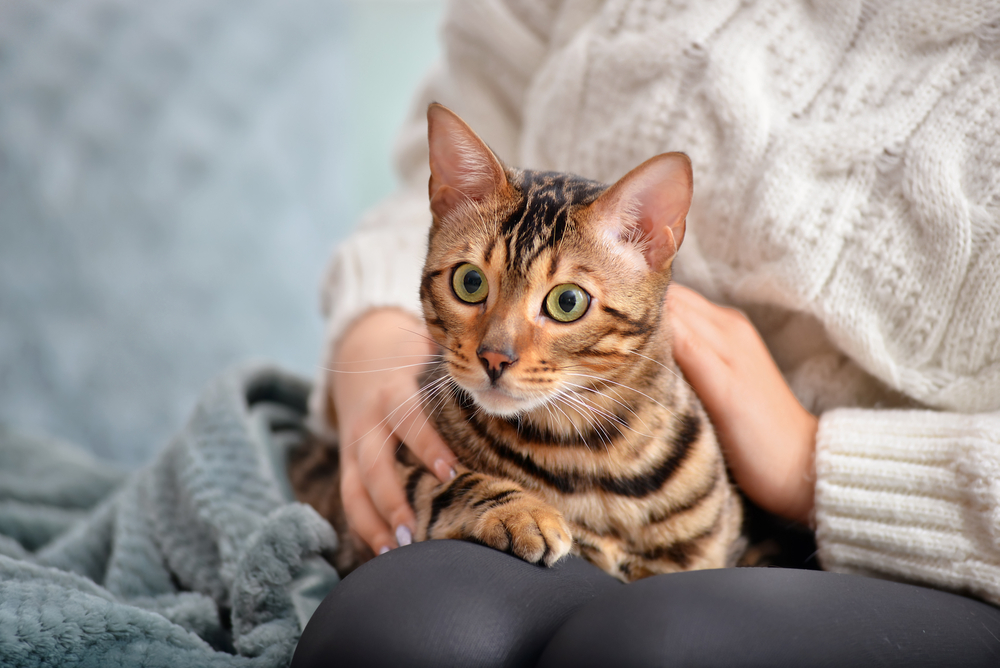
Compassionate Care at Central Kentucky Veterinary Center
At Central Kentucky Veterinary Center, we are dedicated to providing expert care for your feline companion. Whether your cat’s vomiting is due to a minor issue or something more serious, our experienced team is here to help.
Book an appointment to discuss your cat’s health concerns today.
Your cat’s well-being is our priority—early intervention can make all the difference!


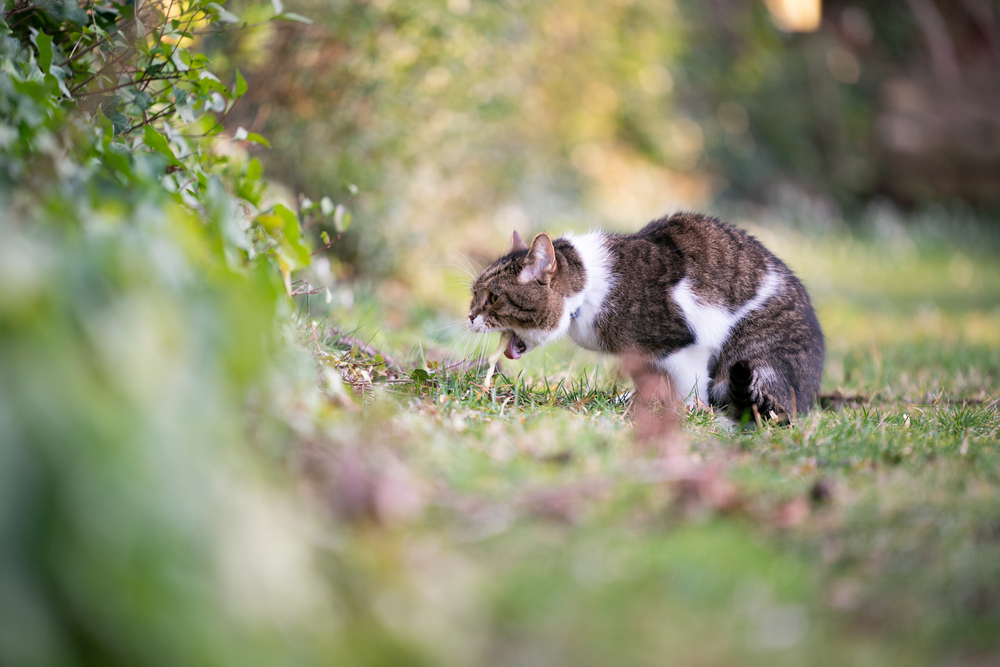
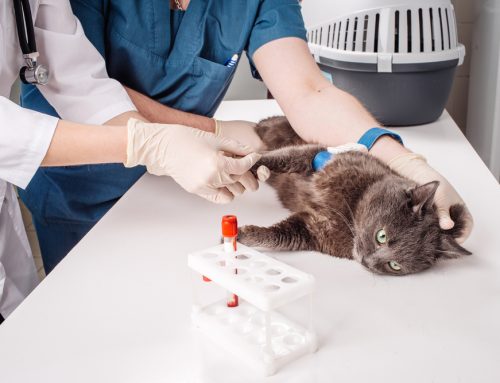

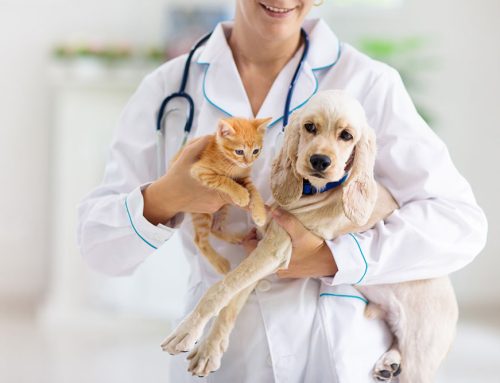
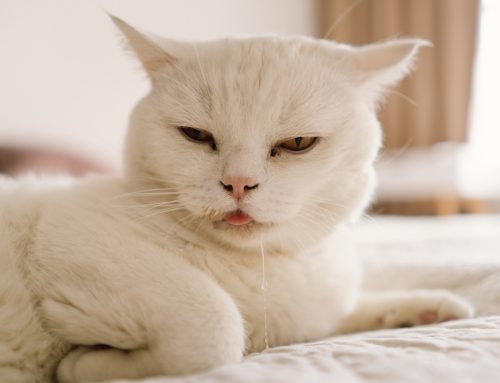
Leave A Comment